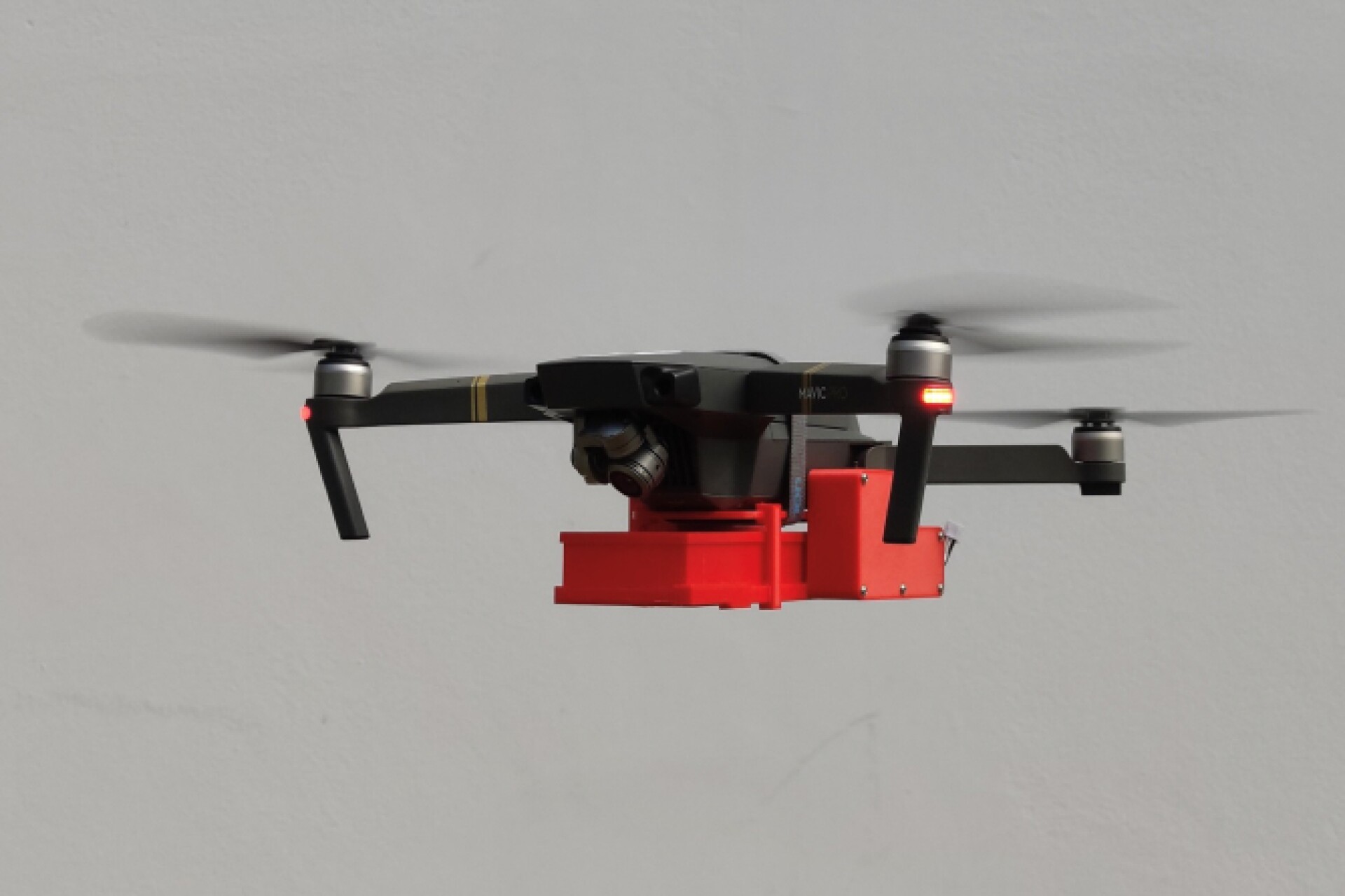Mosquito-spreading drones could slash the spread of disease
Date: 23.2.2024
First of all, how could adding mosquitos to the environment reduce the spread of malaria and other mosquito-borne diseases? Well, it all comes down to a process known as "sterile insect technique" (SIT).
 In a nutshell, SIT involves rendering captive male mosquitos sterile, then releasing them into areas where wild female mosquitos are present. The non-biting males proceed to mate with those females, but because the males are sterile, no eggs are produced from those unions.
In a nutshell, SIT involves rendering captive male mosquitos sterile, then releasing them into areas where wild female mosquitos are present. The non-biting males proceed to mate with those females, but because the males are sterile, no eggs are produced from those unions.
Importantly, in mosquito species that carry disease-causing parasites, the females lay eggs only once in their lives – this means they don't get a chance to try again with a fertile male. The sterile males, on the other hand, can go on to have fruitless encounters with multiple other females.
SIT has actually been used to reduce populations of pest insects around the world for over 50 years. During that time, the most common method of sterilizing the males has been an irradiation technique developed by the United Nations' nuclear watchdog organization, the International Atomic Energy Agency (IAEA).
The IAEA is now validating a system developed via a partnership between Brazilian drone company BirdView and the Brazilian Agricultural Research Corporation's EMBRAPA Instrumentation unit.
In the experimental setup, a special container on the underside of a quadcopter drone is used to safely transport sterile male mosquitos into prime breeding areas which are unreachable by the road-going ground vehicles currently used for SIT operations. The males are then released from the container, experiencing little in the way of damage or stress that might adversely affect their flight characteristics or mating habits.
One drone can release 17,000 insects per 10-minute flight, which covers an area of approximately 100,000 square meters.
Zdroj obrázku: FAPESP, BirdView.























